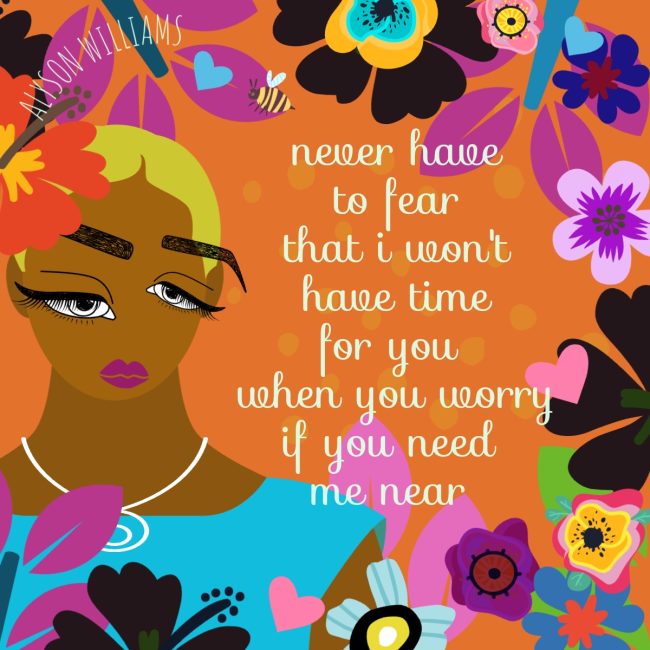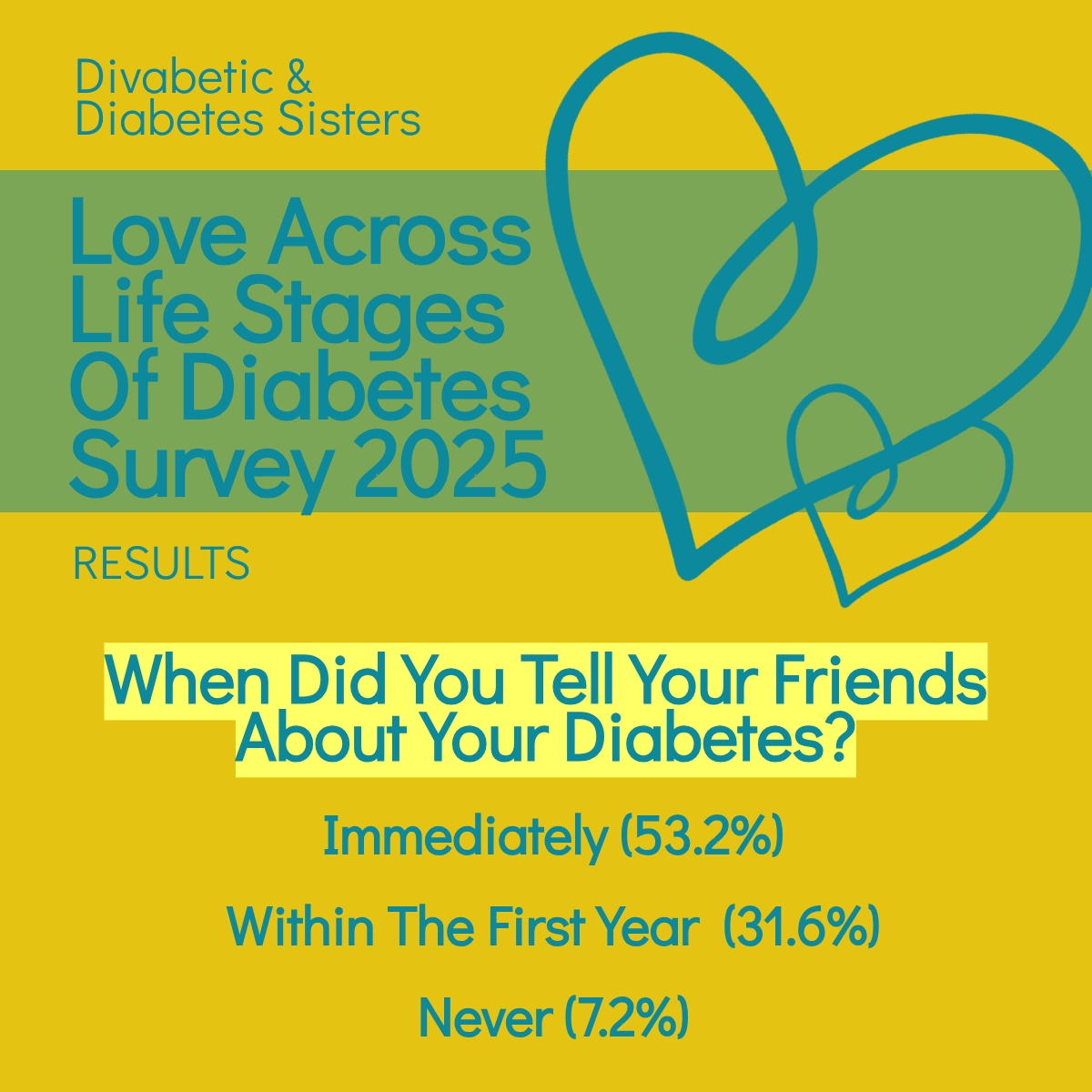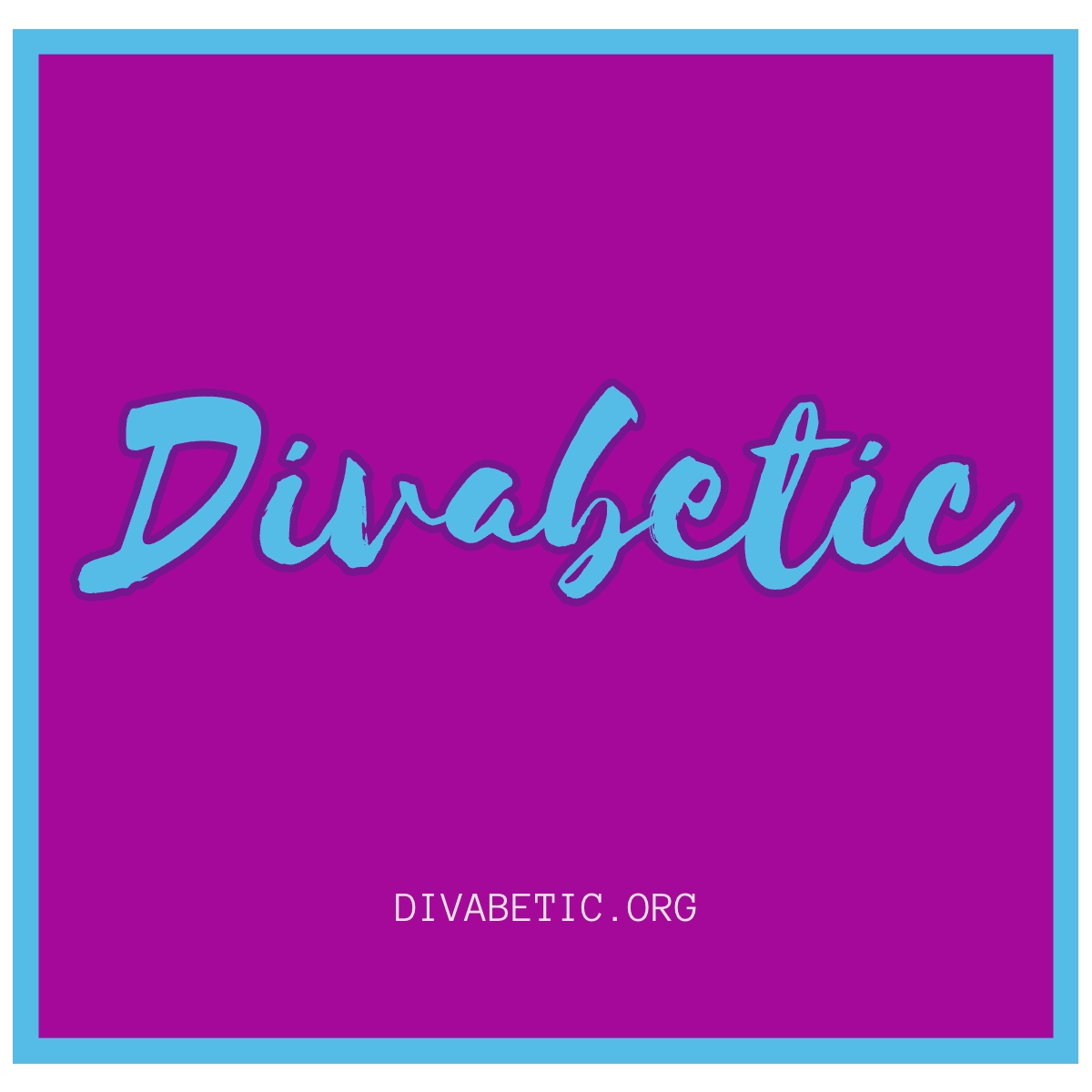“I often heard women say, ‘I won’t have anything in common with the other women except for my diabetes,’ before attending a Divabetic Club meeting. However, within five minutes of meeting peers, those feelings of apprehension would fade away. Women who joined us quickly realized that sharing the experience of diabetes—whether they were living with type 1, type 2, LADA, or prediabetes—fostered a sense of community.

For several years, I hosted free monthly diabetes support meetings for all types of individuals affected by diabetes, including those with type 1, type 2, prediabetes, and those at risk, as well as their family members. These meetings were held at the McBurney YMCA in New York. The idea originated after I met Dana Hariton and Amy Jordan, both of whom live with type 1 diabetes, in the audience at a DLife TV show taping. Dana, a certified life coach, led our initial monthly meetings, which we called ‘Bee A Diva.’

Over time, these meetings evolved into Divabetic Club programs, featuring outstanding educators like Joy Pape, Jessica Issler, and Carol Yates, who volunteered their time. I specifically invited certified educators to moderate our discussions on diabetes self-care to help prevent unsolicited advice from some participants.

Every monthly meeting began with a fun icebreaker I created called “Pass the Boa.” We would sit in a circle, passing a feather boa from one participant to another. The boa represented a diva in my mind! When someone put on the boa, they had the opportunity to introduce themselves and share their diabetes journey. The women openly discussed their struggles, worries, anger, frustrations, and successes.

I remember one woman who attended month after month but couldn’t accept her type 2 diagnosis. She would often say, ‘I don’t understand how I could be diagnosed with diabetes today when I didn’t have it yesterday. What happened overnight?’ In moments of distress, we would offer words of encouragement, but most of the time, we simply listened. These testimonials proved invaluable in shaping Divabetic programming.

I invited various guest speakers and organized activities such as tea tastings, flower-making workshops, image services, tarot readings, tai chi demonstrations, and even sex toy parties. Activities that kept our hands busy helped facilitate open conversation.
For the record, we never discouraged men from joining us.















